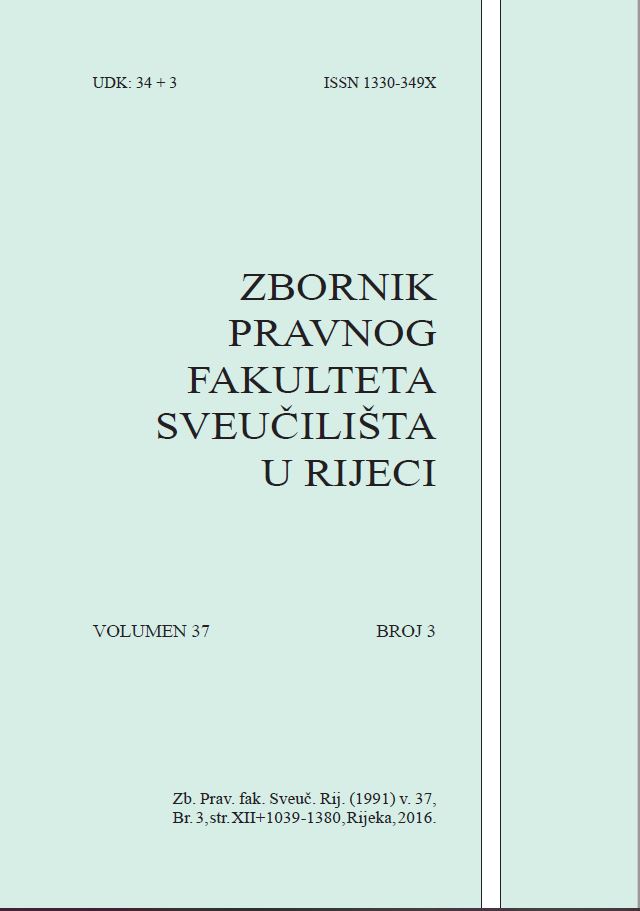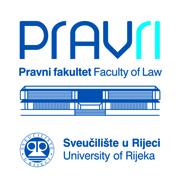CHILD’S GUARDIAN UNDER THE CROATIAN AND GERMAN LEGAL SYSTEM
DOI:
https://doi.org/10.30925/zpfsr.37.3.5Keywords:
reform; children’s Rights; guardian ad litem; Croatian Family lawAbstract
In 2014 and 2015, Croatian family law went through a big reform which resulted
in a new family law statute. It mostly concerns children’s rights, divorce proceedings,
custody proceedings as well as regulation of family proceedings. The new Croatian
Family Act fulfils international obligations and also implements the legal opinions of
the European Court of Justice. The modification of the institution of guardian ad litem
(child’s attorney), whose role is now further enhanced due to the above amendments,
has led to the fact that the child is provided with a broader scope of rights with respect
to active participate in the proceedings where his interests need to be represented.
The importance of the institution of guardian ad litem is growing in response to
the increasing concerns about the child’s welfare. The duties, qualifications and
authority of a guardian ad litem require precise determination. In order to depict and
demonstrate the importance of this independent child counsellor, it is necessary to
highlight the appertaining changes that have been made throughout the history of the
Croatian family legal system and compare them with those having occurred in the
German legal system.
Additional Files
Published
How to Cite
Issue
Section
License
Collected Papers is an open access journal. Journal does not charge article processing charges (APC) to authors. It is licensed under CC BY-NC licence 4.0.
Collected Papers of the Law Faculty of the University of Rijeka" is an Open Access journal. Users are allowed to read, download, copy, redistribute, print, search and link to material, and alter, transform, or build upon the material, or use them for any other lawful purpose as long as they attribute the source in an appropriate manner according to the CC BY licence.
The papers published in "Collected Papers of the Law Faculty of the University of Rijeka" can be deposited and self-archived in the institutional and thematic repositories providing the link to the journal's web pages and HRČAK.
Upon acceptance of the manuscript for publication by this journal, the author can publish same manuscript in other journals only with the permission of the Editorial Board (secondary publication). A repeated publication should contain a notice as to where the manuscript was originally published.



